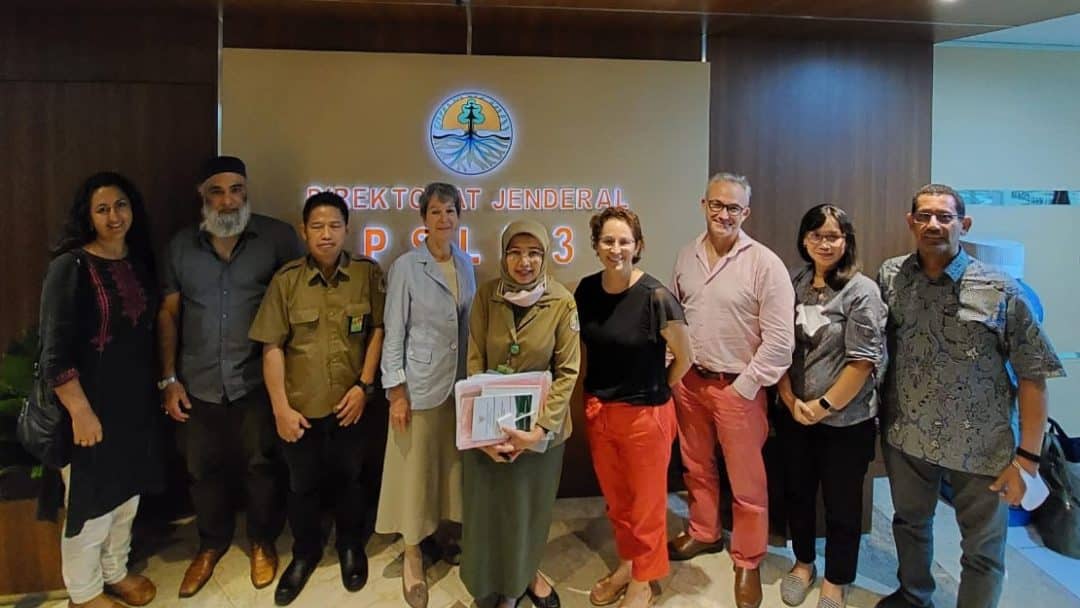
Project Update
PROJECT STATUS Completed
PROJECT DELIVERABLES
Capacity support and training
- Workshops
- Technical and Financial Analysis Training on waste management solutions.
Technical support and products
- Report based on technical visit and data analysis
- Report with investment and technology modules for various scales.
- Blended Finance Proof-of-Concept Model
PROJECT RESULTS
- Improved capacity of the Indonesian government to address plastic waste reduction and processing options, based on recommendations that address thematic issues and gaps identified during the consultation process.
LESSONS LEARNED
- Local expertise could be helpful in navigating legal and local constraints, contributing to more effective solutions.
TOTAL PROJECT REACH
- 90 participants (directly) reached through activities conducted and project deliverables
PUBLIC ENGAGEMENT
- This initiative was highlighted in an article on the TAP website « Sustainable plastic waste reduction in Indonesia »
- Canadian experts Madeleine Varkay and Iqbal Bhatti wrote an article published on the TAP website « Ending Plastic Leakage in Indonesia »
- Senior Project Manager, Guy Innes, wrote an article published on the Alinea website for World Water Week 2022 « World Water Week: Reducing Marine Plastic Debris in Indonesia »
Project Profile
This Technical Assistance Partnership (TAP) initiative benefits from the involvement of two Canadian experts; one on sustainability and the plastic recycling industry and another on innovative public and blended financing. They work with the National Coordinating Ministry for Maritime Affairs and Investment (CMMAI).
The initiative researches, designs, and develops workable financing models that enable local governments and financing partners to acquire and operate more efficient, effective, and innovative waste management technologies and systems. This is an essential milestone in transitioning to a circular economy by 2040, a key aspiration for Indonesia. Initially, the initiative targeted plastic waste leakage – a considerable problem for Indonesia that affects its aquaculture and tourism sectors, both significant contributors to its GDP. The scope of the assignment has since expanded to include general waste management and treatment systems. Various waste management and treatment systems are under consideration, including waste to energy (WtE). Equally, a variety of financing models are also being developed, including private-public partnerships, blended financing, and impact investing.
The technical and financial models under development are concentrated on case studies in the Badung and Denpasar Regencies. However, efforts are being made to make the models sufficiently generic to offer Indonesia’s municipalities choices they could adjust/modify to suit their specific conditions, requirements and financial positions.

